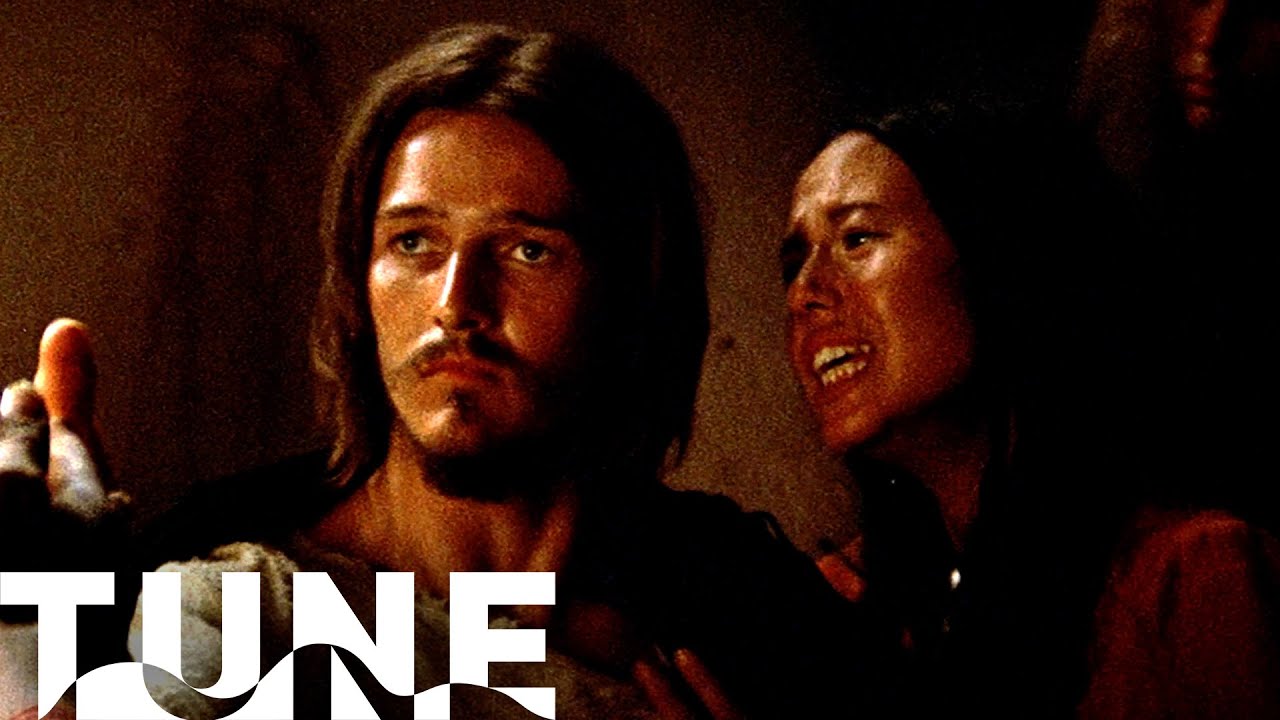@morgankane01
I just feel you presuppose the fact that I don’t know communism, or that I just approach it from anti-communist secondary sources.
Again, I was raised in a communist and socialist background, so I quite know it well from the inside.
I don’t like to only read criticism of communism, so I often read and listen to communists speaking about communism (Wikirouge is one example).
For instance, that Robespierre was a communist is not me who say it, it is a political philosophy researcher with socialist-leaning who explains it (Stéphanie Roza, “Contribution française à la naissance du socialisme et du communisme”, Université Permanente, 2022). (around 30 minute)
Ensuite Babeuf est amené à déménager vers Paris et en 1793 il travaille à l’administration centrale des subsistances, qui est l’organe exécutif de la Terreur parisienne, mais en ce qui concerne le volet social, pas le volet répressif. C’est-à-dire que c’est l’administration central de la Commune qui s’occupe de réquisitionner le grain là où il est en région parisienne, de le centraliser, de le redistribuer à la population des différents quartiers.
Donc Babeuf se retrouve au cœur du dispositif qui sert à réquisitionner et redistribuer le grain.
Cette expérience est quelque chose de totalement nouveau pour lui, et aux yeux de l’Histoire. Et à cette époque là, Babeuf pense que Robespierre a en fait en tête le même projet que Lycurgue, qui va vers le collectivisme, il pense que la révolution s’achemine vers le collectivisme par l’intermédiaire de Robespierre. Et donc il est robespierriste autant qu’il est possible.
(Sorry, I don’t translate it in English for space reasons. @lausten Let me know if that poses a problem).
No. But the rhetoric communism uses, and the solutions communism proposes, make it central and instrumentalize it.
